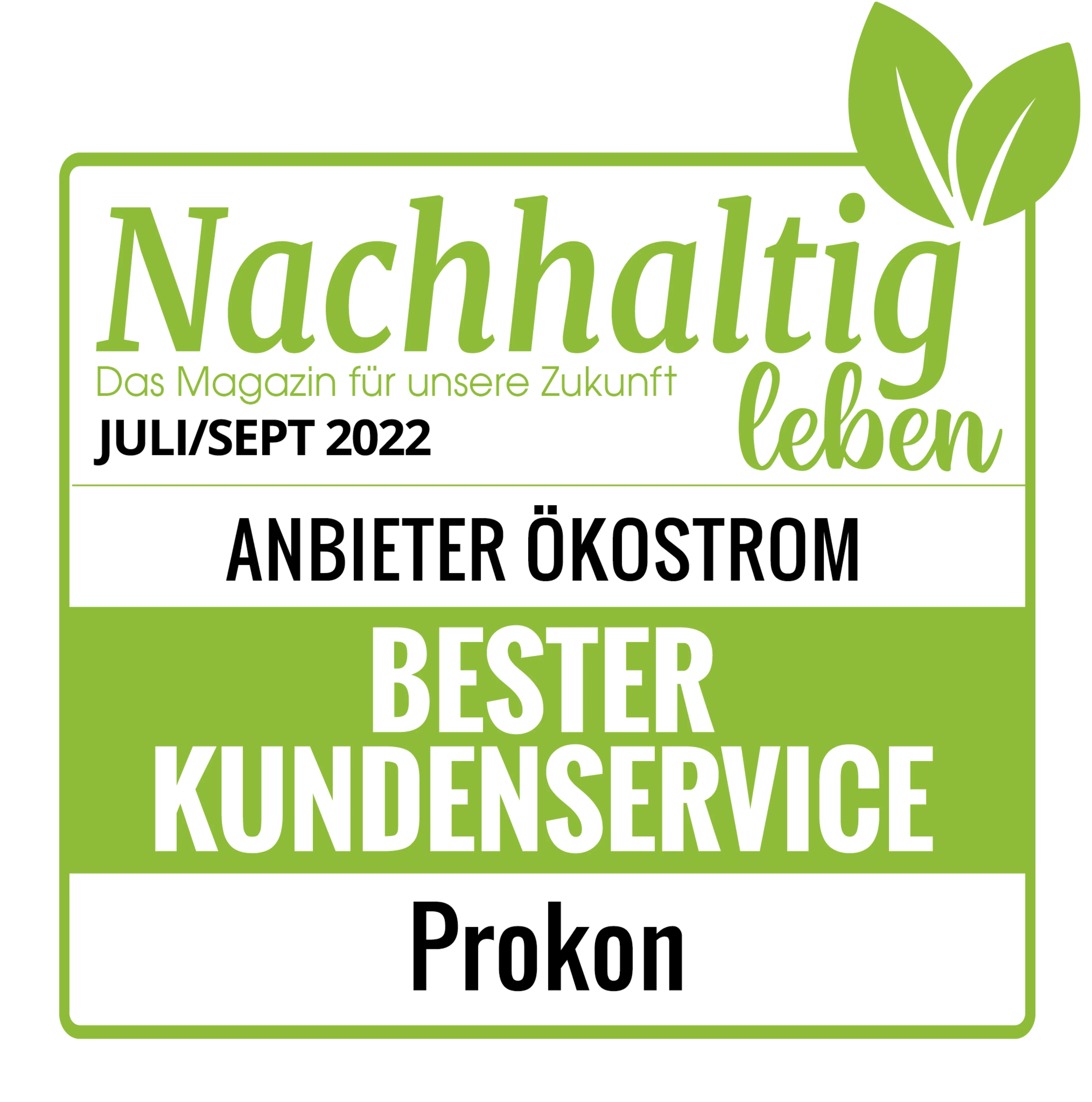Awarded and Recommended!




The definition of electricity tax refers to a national consumption tax levied on the withdrawal of electrical energy from the supply grid. Interestingly, about 90% of these revenues flow directly into the pension fund, which even allowed for a reduction in pension insurance contributions in the late 1990s. In short: the consumption of each kilowatt-hour directly supports the pension fund, with an annual contribution of around 7 billion euros.
When electricity is withdrawn from the supply grid, the electricity tax becomes due. The energy provider, here Prokon, is responsible for transmitting the relevant tax amounts to the designated principal customs office, calculated based on the amount of electricity supplied. These tax amounts are then remitted to the state through the electricity bill. It should also be noted that there are special regulations and reduced tax rates, especially for industrial enterprises, similar to the provisions for the EEG levy.
Did you know that with every kilowatt hour of electricity consumed, you also pay the electricity tax? At the petrol station, it is common knowledge that a high percentage of the price (around 64 percent) per litre of fuel is paid to the government. However, when it comes to electricity prices, public discussions usually focus only on the EEG surcharge. Yet the EEG surcharge is just one aspect of the various legally defined components of the electricity price, which collectively make up approximately 80% of the price per kilowatt hour. A significant part of this price structure is the electricity tax, which currently stands at 2.05 cents per kWh.
For you as an electricity customer in Germany, the electricity tax is 2.05 cents per kilowatt hour. This tax is a fixed component of your electricity price and was introduced to promote environmentally friendly energy use. For commercial users and certain industrial sectors, the electricity tax may be lower under specific conditions to avoid burdening the economy. The revenue from the electricity tax primarily supports the pension insurance system, thus indirectly contributing to social security. As an electricity customer, it is helpful for you to know that each kilowatt hour consumed is associated with this tax, which is ultimately reflected in the total price of your electricity bill.
Under the following conditions, a (partial) reimbursement of the electricity tax may be possible:
Private households: Under certain circumstances, such as when using self-generated electricity from renewable energy sources.
Agricultural and forestry businesses: Special reductions when using electricity in production.
Industrial companies: With demonstrably high energy consumption and when certain efficiency criteria are met.
Businesses with energy-intensive production: Possible reductions if the high electricity consumption affects international competitiveness.
Renewable energy generation facilities: Tax refunds or exemptions may apply for self-supply or specific application areas.
Non-profit organisations and charitable institutions: In some cases, these groups may also benefit from reductions, depending on the nature of their activities and the extent of electricity usage.
Take the opportunity to actively contribute to the environment and at the same time benefit from the financial advantages. Feel free to contact us to learn more about the requirements.
The Electricity Tax Act (StromStG) in Germany regulates the taxation of electricity withdrawals from the network, defines tax rates, and stipulates under what conditions tax exemptions, reductions, or refunds are granted. It also encompasses the obligations of electricity suppliers and consumers concerning registration, tax returns, and record-keeping. The aim of the law is to control energy consumption and promote the use of renewable energies to support ecological objectives.
You want to reduce your electricity tax burden and at the same time do something good for the environment? With a few targeted measures, you can lower your energy consumption and pay less electricity tax.
Here are practical tips on how you can reduce your costs through energy-efficient behaviour and investments in renewable energies, while also making a contribution to environmental protection.
Energy-efficient behaviour: Pay attention to the use of energy-efficient devices and optimise your energy consumption in everyday life to consume less electricity.
Investment in renewable energies: Consider installing solar panels or other renewable energy sources to generate and use your own electricity, which will reduce your electricity costs in the long run.
Utilisation of tax exemptions and reductions: Find out about possible tax relief for the use of renewable energies or for energy-intensive processes in your company.
Prokon also wants to help shape the energy transition efficiently and innovatively - which is why the expansion of green electricity is particularly close to our hearts!
As a member of our cooperative, you can experience how your purchased Prokon shares flow into the construction of new renewable energy plants, while directly participating in the generation of clean electricity and benefiting from attractive dividends.
Green electricity directly from the producer
From our own wind farms across Germany.




Mon & Tue: 8:00 – 12:00 and 13:00 – 16:00
Wed: 8:00 – 12:00 (afternoon only written service)
Thu: 13:00 – 18:00 (morning only written service)
Fri: 8:00 – 12:00
Language (Country)
Prokon eG 2024. All rights reserved.